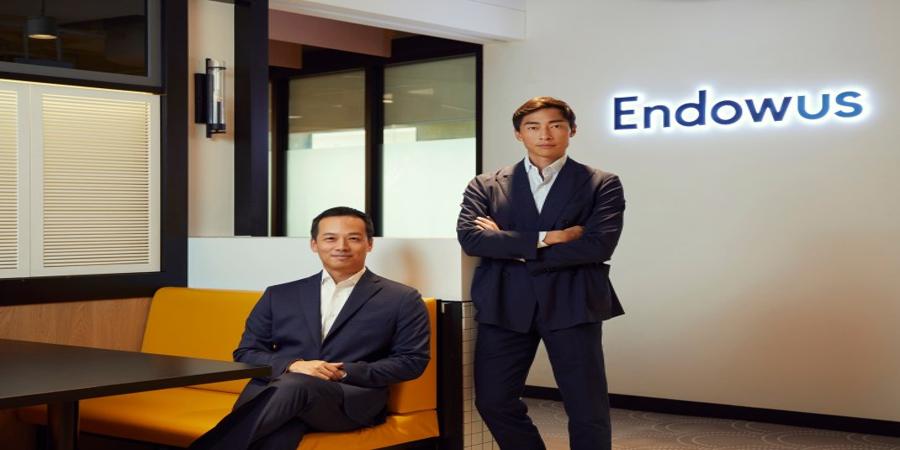Back in 2021 and early 2022, there was a flurry of VC interest in Southeast Asian investment apps. One of them was Singapore-based Endowus, which raised two rounds in rapid succession: a Series A in June 2021 followed just seven months later by $25.6 million in follow-on funding. Now two years later, despite a much different funding environment, especially for fintech startups, Endowus is announcing another round.
This time it’s $35 million with new investors, including Citi Ventures and MUFG Innovation Partners, bringing the company’s total raised so far to $95 million. Participants also include “four of Asia’s wealthiest families,” the startup said in its press release, whose operating businesses encompass banking and real estate across Southeast Asia and China. Returning investors include notable firms like UBS Next, Singapore’s EDBI, Prosus Ventures (owned by Naspers), Lightspeed Venture Partners, Singtel Innov8 and Endowus employees.
The new funding will be used to scale in its main markets of Singapore and Hong Kong, where it currently serves over 100K clients in both markets. As a group, Endowus now has over $5 billion in assets under management and $40 million in savings for its clients.
Despite macroeconomic challenges, Endowus said it saw organic revenue growth of 80% in 2022 and tripled its group revenue after completing the acquisition of multi-family office Carret Private. Since TechCrunch last covered Endowus, it has launched more services like low cost passive index funds in Singapore and Endowus Private Wealth for high-net-worth individuals. It also started services in Hong Kong this year as what it describes as the “only independent, commission-free and conflict-free digital wealth advisor and low cost fund platform.”
Co-founder and chairman Samuel Rhee told TechCrunch that Endowus is now “multiple times the size of the next player and now competing with large banks and incumbent players.”
Other investment apps in Singapore include Syfe and Stashaway, which also attracted big VC bucks a couple years ago.
One of the main ways Endowus differentiates is being what it says is the only digital wealth platform that serves both private wealth and public pension as the first digital advisor for Singapore’s Central Provident Fund Investment Scheme (CPF).
Endowus manages more than SGD $1 billion of pension assets on its platform. Rhee said one of the reasons Endowus covers pension funds as well as personal wealth is to serve clients at all stages of their financial lives, including retirement.
For CPF, it built in-house a tech stack that creates a fully-automated digital process for investors. Endowus plans to replicate its CPF work with Hong Kong’s Mandatory Provident Fund (MPF). Instead of being a robo-advisor, Rhee said Endowus uses fund managers with proven track records to make top-performing, institutional-share class funds for retail investors more accessible.
Endowus monetizes only through advisory fees, and Rhee says it is the first and largest platform in Singapore and Hong Kong to provide a 100% rebate of all trailer commission fees, paid through cashbacks.
When asked if there is a possibility of consolidation among investment app players, Rhee said “the opportunity for wealthtech players continues to be outsized,” pointing to a McKinsey report that shows the Asia-Pacific region now accounts for at least 40%, or $218 trillion, of total global wealth.
But he added that “we do anticipate increased consolidation in future as wealthtechs in Singapore and in Asia mature, and those that lack scale or technological innovation or a moat around the business will suffer, as we have seen in the recent downturn. We may see some players exit the market, and smaller players closing down.”
As for how Endowus fared during the slowdown in fintech funding (and funding in general), Rhee said the company had no problems securing fundraising from its investors.
“We are also fortunate to have some of the biggest investors as our shareholders,” he added, like Citi Ventures, MUFG Innovation Partners and UBS.
Source @TechCrunch



